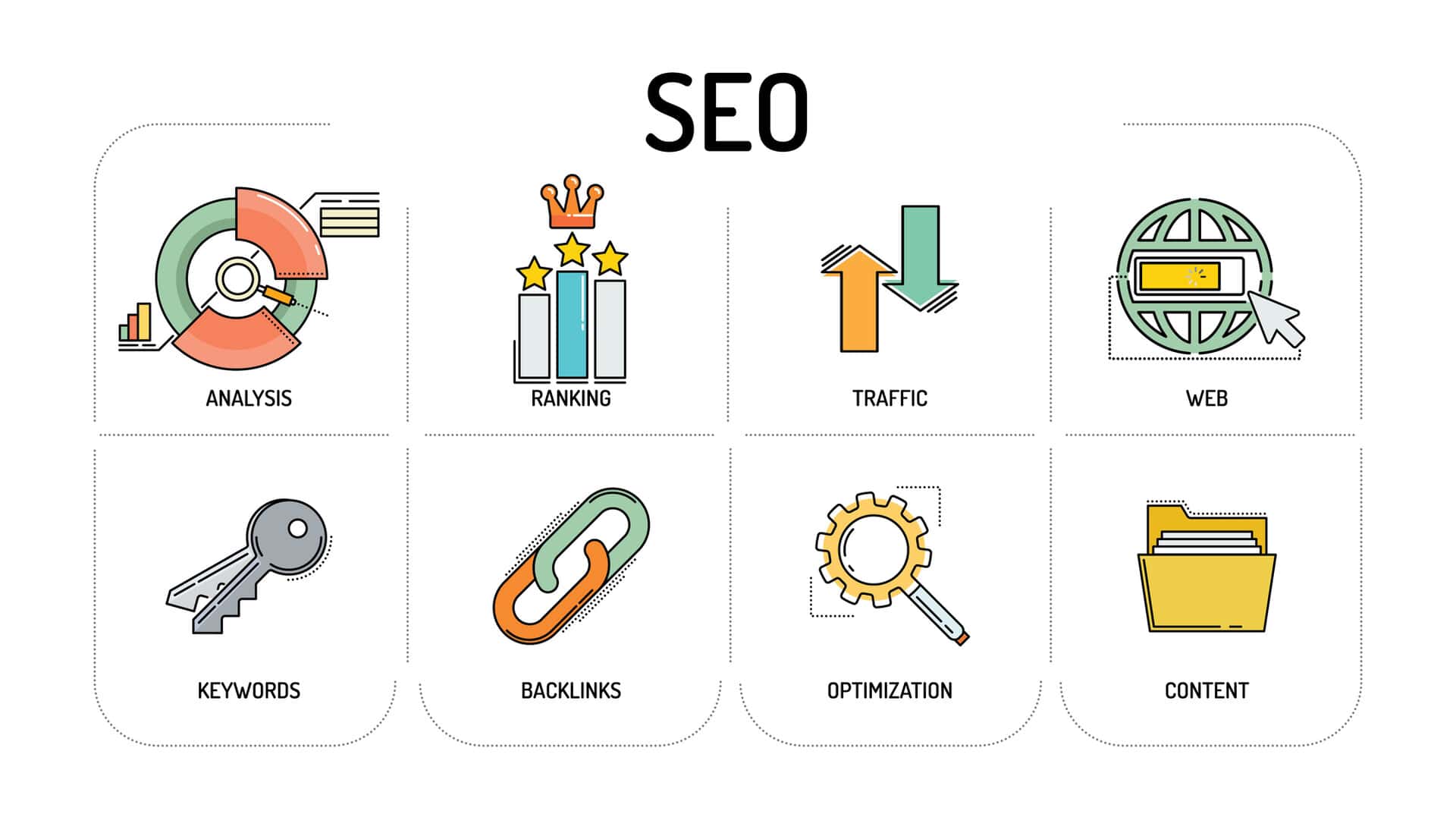August 27, 2024—Loan Rates Move Up – Forbes Advisor – Technologist
Editorial Note: We earn a commission from partner links on Forbes Advisor. Commissions do not affect our editors’ opinions or evaluations.
Rates on 10-year fixed-rate private student loans rose last week. If you’re interested in picking up a private student loan, you can still get a relatively low rate.
According to Credible.com, from August 19 to August 24, the average fixed interest rate on a 10-year private student loan was 7.89%. It was 9.92% on a five-year variable-rate loan. That’s for borrowers with a credit score of 720 or higher who prequalified on Credible.com’s student loan marketplace.
These rates are accurate as of August 19, 2024.
Related: Best Private Student Loans
Fixed-Rate Loans
Last week, the average fixed rate on a 10-year loan increased by 0.26% to 7.89%. The average stood at 7.63% the week prior.
Borrowers currently in the market for a private student loan will receive a lower rate than they would have at this time last year. At this time last year, the average fixed rate on a 10-year loan was 7.95%, 0.06% higher than today’s rate.
A borrower who finances $20,000 in private student loans at today’s average fixed rate would pay around $241 per month and approximately $8,979 in total interest over 10 years, according to Forbes Advisor’s student loan calculator.
Variable-Rate Loans
Average variable rates on five-year loans moved up last week, from 9.24% on average to 9.92%.
In contrast to fixed rates, variable interest rates fluctuate over the course of a loan term. Variable rates may start lower than fixed rates, especially during periods when rates are low overall, but they can rise over time.
Private lenders often offer borrowers the option to choose between fixed and variable interest rates. Fixed rates may be the safer bet for the average student, but if your income is stable and you plan to pay off your loan quickly, it could be beneficial to choose a variable loan.
Financing a $20,000 five-year private loan at 9.92% would yield a monthly payment of approximately $424. A borrower would pay $5,449 in total interest over the life of the loan. But the rate in this example is variable, and it could move up or down each month.
Related: How To Get A Private Student Loan
What Are Student Loan Requirements?
While eligibility requirements for a private student loan vary by lender, you’ll typically have to meet the following criteria:
• Good credit.
Unlike federal loans, private student loans have a credit requirement. Most private lenders look for good credit as reassurance that you can pay the loan back on time.
• Proof of income.
Along similar lines, private lenders also want to see a source of income to ensure you’ll be able to pay back the funds.
• Creditworthy co-signer.
Since most undergraduate students can’t meet a lender’s credit and income requirements alone, they must apply with a co-signer to qualify for a loan.
• Eligible school.
A private lender also wants to see that you’re enrolled in an eligible school, usually at least half-time. The lender will reach out to your school to certify your official cost of attendance.
• Age of majority in your state.
You’ll also need to be old enough to borrow a loan. The minimum age is typically 18.
• U.S. citizen or qualifying non-citizen.
You’ll have to meet citizenship requirements to qualify for a loan. Some lenders offer loans to international students if they apply with a co-signer who’s a U.S. citizen or permanent resident. However, a few lenders provide loans for international students attending school in the U.S. without a co-signer.
How To Compare Private Student Loans
When comparing private student loan options, take a close look at the overall cost of the loan. This includes the interest rate and fees. It’s also important to consider the type of help the lender offers if you can’t afford your payments.
If you have good or excellent credit, you have a better chance at landing the best interest rates.
Experts generally recommend that you borrow no more than what you’ll earn in your first year out of college. While some lenders cap the amount of money you can borrow each year, others don’t. When comparing loans, figure out how the loan will be disbursed and what costs it covers.
How Lenders Determine Your Rate
Lenders offering private student loans generally offer both fixed and variable interest rates. These rates are, in part, based on your creditworthiness. Generally, the higher your credit score, the lower the interest rate you’ll receive. But credit history, income, the degree you’re working on and your career can factor into the interest rate you receive as well.


